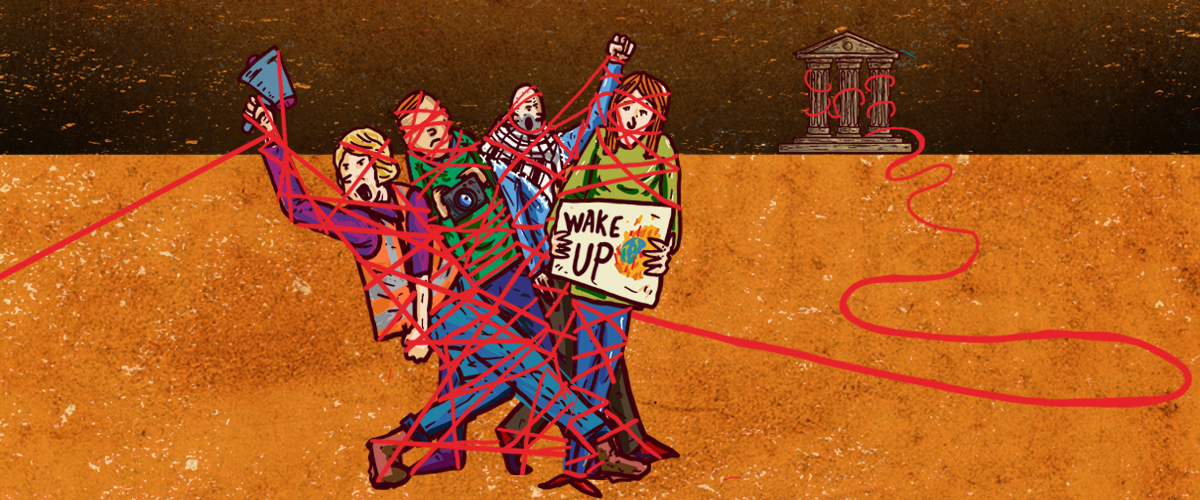Latest Updates
-
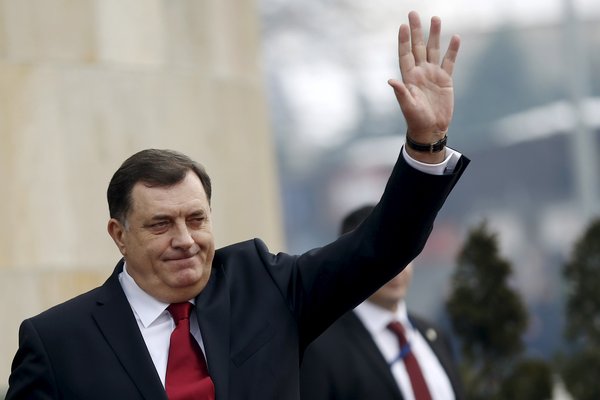
30.09.2023
Bosnia & Herzegovina
Republika Srpska moves forward with “foreign agents law” despite public outcry
Read more -

03.08.2023
-
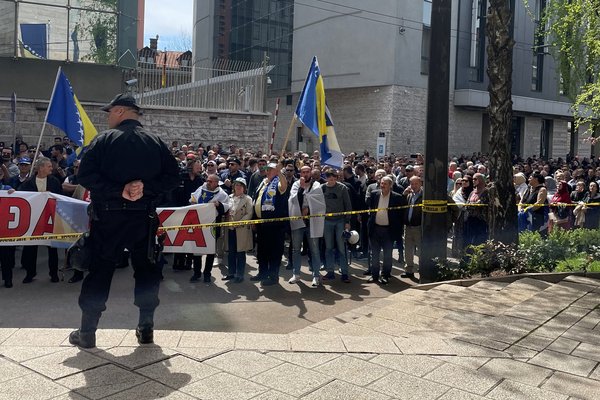
07.06.2023
Bosnia & Herzegovina
Local government in Bosnia looks to criminalise “fake news” with high fines for media and CSOs
Read more -
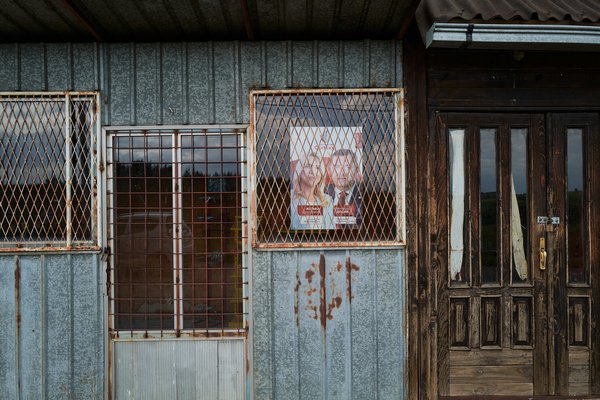
13.04.2023
Bosnia & Herzegovina
Repressive laws targeting civil society and media proposed, activists attacked
Read more -
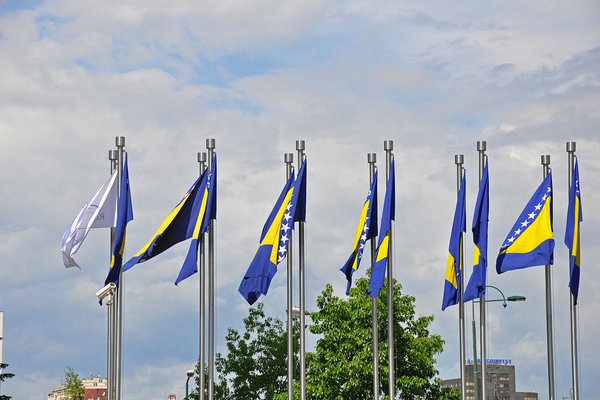
15.02.2023
Bosnia & Herzegovina
Attacks on freedom of expression continue as journalists face threats, hate speech and vandalism
Read more -
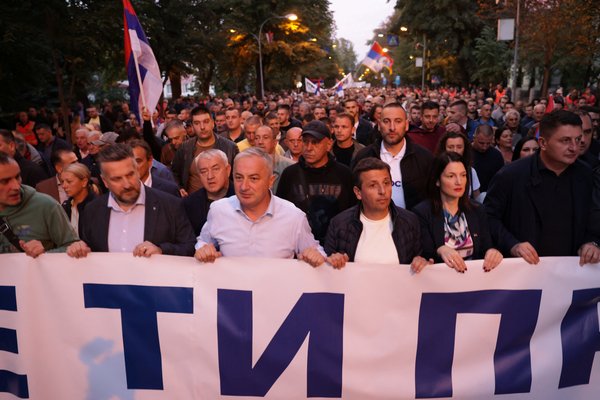
18.11.2022
Bosnia & Herzegovina
Youth environmental activists face SLAPPs, protests over election outcome in Serbian republic entity
Read more
